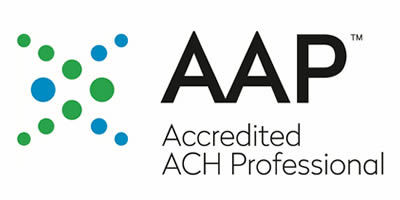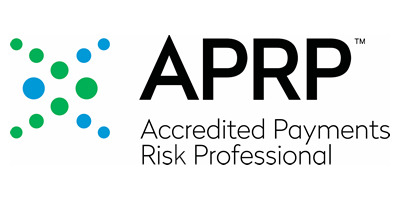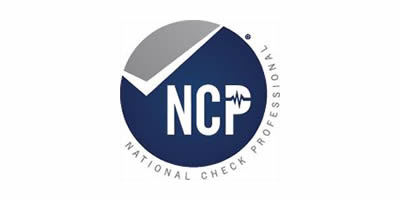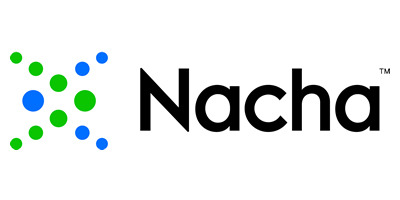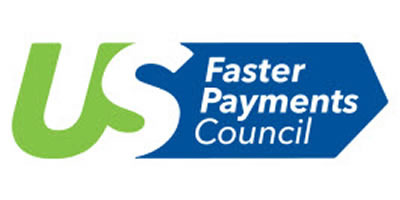Complete Story
Compliance Tip: IRS Tax Refunds
Tax refund season is almost upon us, here are answers to a few common questions we often get. Keep in mind that if you manually post an ACH tax refund (or any ACH entry for that matter); to an account number other than the one listed on the entry, you take on the liability for that entry.
- Can an RDFI rely strictly on the account number in the ACH entry of a Tax Refund payment that posted to your account holder’s account?
Yes, as an RDFI your responsibility is to post IRS tax refunds received via ACH using the account number found in the ACH Record. - As an RDFI, am I liable for IRS tax refunds sent to an account that does not belong to the named or intended recipient?
You are not liable for an IRS tax refund that posts via ACH (without manual intervention) to an erroneous or fraudulent account since the IRS provided incorrect account information and you posted exactly as it came to you. Once posted, only if you become aware that the name on the entry does not match the account titling, then you have responsibility to the IRS (see question 5). - If the IRS discovers that a refund was misdirected, due to IRS or Taxpayer/agent’s error, can IRS require the RDFI to return the funds?
This is only if the Receiving FI did not manually post an entry. If the funds are available in the account, the IRS may require you to return the funds. The IRS may request that any available funds in the account be returned. - Should we as the RDFI be monitoring to ensure that IRS tax refunds posting via ACH match the names on the IRS Tax Refund?
No. You are not required to match the name on the entry with the name on the account. - What is my obligation as an RDFI if I discover that an IRS tax refund has been sent to the wrong account?
If an RDFI becomes aware that an agency has originated an ACH credit entry to an account that is not owned by the payee whose name appears in the ACH payment information, the RDFI is required under the code 31 CFR Part 210 to notify the agency of the error. An RDFI can satisfy this notification requirement by returning the original ACH Credit entry to the Agency with an appropriate return reason code, typically R03.
Remember this general rule: If you as an RDFI are in doubt, you should return any refunds to the Bureau of Fiscal Service. If you suspect suspicious or fraudulent activity on a refund received, you can also contact your local IRS office or Taxpayer Advocate. You can also opt-in with NACHA to return IRS entries that you suspect as suspicious or fraudulent to the IRS with the return reason code of R17 at www.nacha.org. The IRS website is www.irs.gov.
As always, if you have any questions, please don’t hesitate to call WACHA at 800-453-1843.

